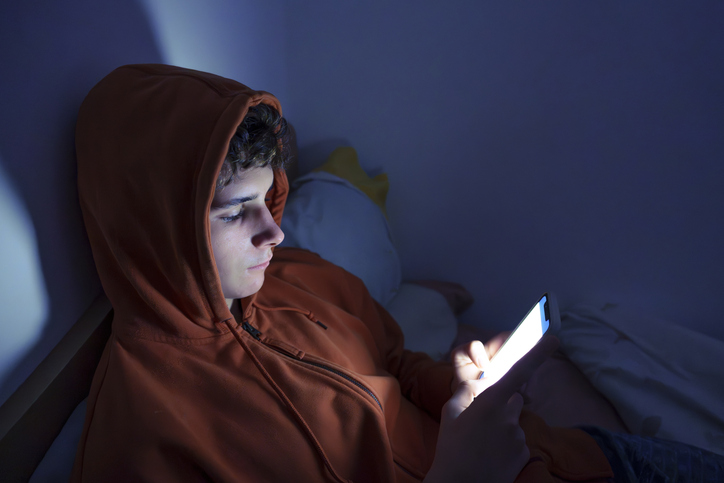Parents must be ‘front and centre’ in their children’s education, Education Secretary Bridget Phillipson has told schools. Her upcoming white paper will introduce clear expectations around parental engagement with schools. The idea, presumably, is that parents have the confidence and know-how to oversee their children, allowing teachers to focus on teaching rather than on being a therapist, a social worker, or a nanny. If only.
Parents have lost confidence, courage, and, as a result, authority. Teachers quite understandably fear ‘engagement’ will require teaching parenting skills that have grown rusty: too many mothers and fathers seem to have abrogated all responsibility for their child’s hygiene, toilet training, and vaccinations. At a recent meeting with schools on the Isle of Sheppey, the Parenting Circle charity learnt of special education needs coordinators routinely driving children to their dentist appointments or to their mental health assessments. For many in the teaching staff, ‘in loco parentis’ has become an everyday expectation rather than the exceptional case.
Who reads out loud to their child? Who holds a proper conversation with their children at meal times?
Parents are struggling to set routines and, crucially, boundaries. A survey published earlier this month shows how almost one in five regret having given their children a smartphone at the age they did. But no one marched them to the shop to buy their 9-year-old an iPhone, surely? And no one will have forced them to allow their teenager to spend more time gaming (nearly 34 hours a week) than in school (schools are open 32.5 hours a week).
The Children’s Commissioner, Dame Rachel De Souza, says she welcomes the ‘new laws protecting children online in England – and greater accountability for tech platforms’, but warns these must go hand in hand with ‘greater confidence from parents in setting boundaries’.
But parents setting boundaries risks raising hackles and even alienating children. Sophie Windsor, the campaigner advocating for restrictions on children’s social media use, defends today’s parents for being pushed into a no-win situation whereby they:
Refuse their children a smartphone, thereby inflicting on them huge social stress and isolation – often at the most tender and sensitive age when they are biologically programmed to fit in – or surrender and lose their child to the unputdownable bright and twinkly screen.
Yet confidence comes from practice. And the truth is parenting muscles are atrophying from a lack of use. Who reads out loud to their child? Who holds a proper conversation with their children at meal times? Who teaches their children please and thank yous? Who answers a child’s homework queries – rather than sends them scurrying to ChatGPT?
When parents no longer practise these habits, they miss out on the opportunity to validate their children’s opinions, applaud their progress, point out their errors. In other words, they fail to build and strengthen their connections with their children and lose the crucial engine that makes family relationships run smoothly: the child’s need for a parent’s approval. Without it, no mum or dad can establish rules, prescribe behaviours, or expect certain goals.
The children who bid for connection but get no reaction will stop asking for it. And, unlike any previous generation, they can now find validation from thousands, nay millions, of people online. This alternative universe only multiplies the challenges that stand before teachers, who have expressed their concern over their students’ mental health as a result of social media use and over faltering attention during lessons.
Engaging parents is crucial, yes. The question is, can schools rekindle the parenting instinct?







Comments